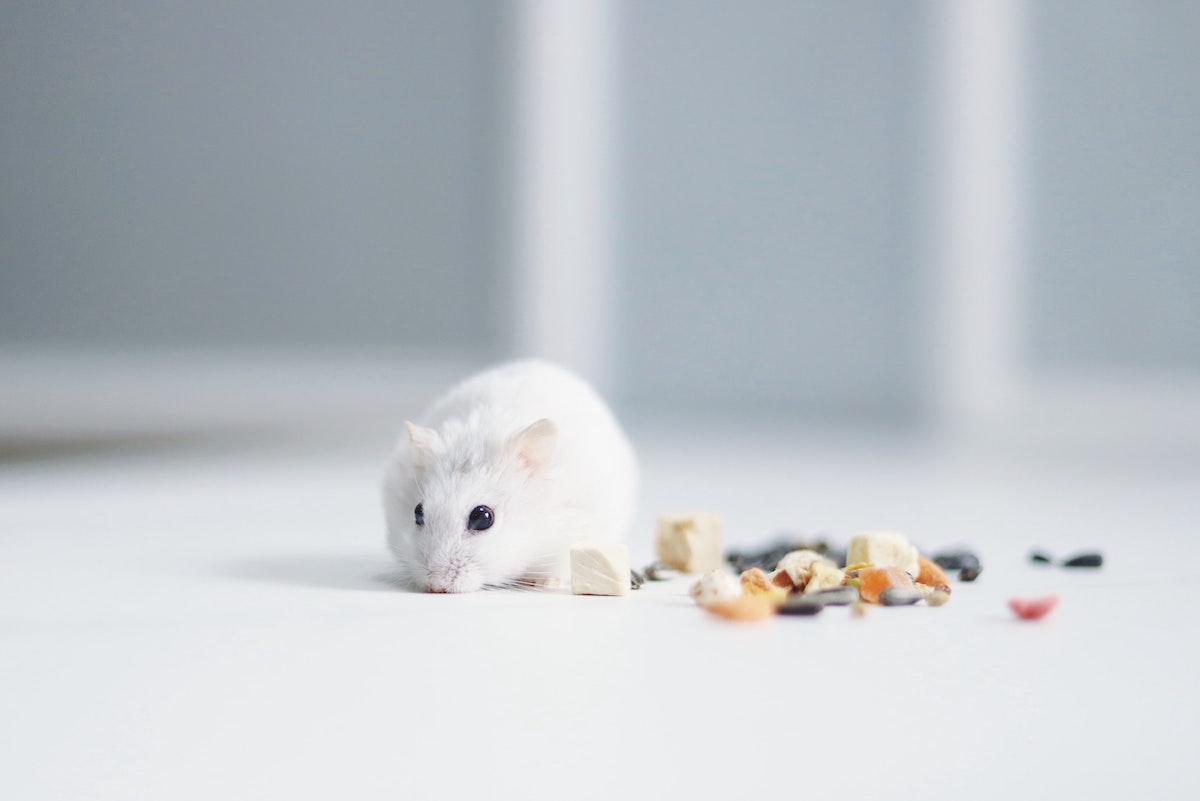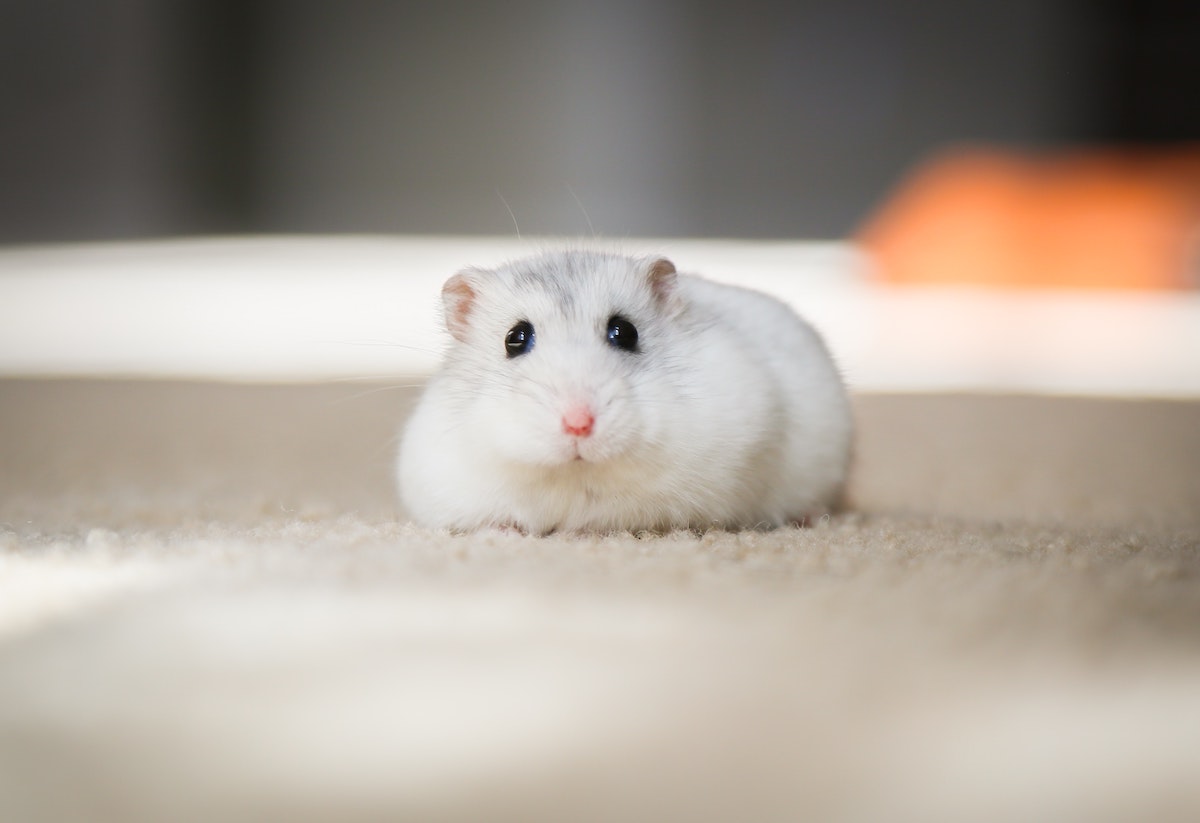Table of Contents
Before buying any pet, it is super-important to know just how long they can live for. The last thing that anyone wants is to buy a beautiful new pet only to get attached to it and then lose it soon afterwards. In every situation, your pet will need you to look after it, so ultimately you have control over how long it lives by keeping it well fed, watered, and living in a clean and safe environment. Today we will look at how long the average hamster loves for, how you can prolong its lifespan and a few tips on how to take good care of your hamster and make it feel comfortable!
How long does a Hamster live for?
Whilst in captivity (as a pet), you can expect a hamster to live for around 3-5 years. This is a typical lifespan for hamsters across the board, regardless of the breed of hamster. They have such a short lifespan compared to other, more popular pets like dogs and cats, because they are much smaller.
However, A hamster’s life span greatly depends on its care and the individual health of the hamster. Hamsters are capable of catching colds from humans, and can even suffer from respiratory issues caused by wood shavings or other environmental factors. So to help improve and increase the chances of your hamster living a long and prosperous hamster life, you should look after it to the best of your ability.
Prolonging your Hamsters Life Span
Just because a hamster does not have as long a lifespan as some other domestic animals does not mean you should just abandon the idea of getting one. Here are some tips for improving your hamsters lifespan and giving yourself more time to enjoy with your beloved new pet:
Make sure you buy a cage that is secure and provides protection: Many hamsters can suffer injuries from wire bottomed cages and any cages with sharp edges. Get your hamster a cage with a plastic bottom, or a cage that is glass and smooth. It is easy for a hamster’s feet to get caught. Hamsters can easily break their legs because they are so little, and you don’t want to spend money on a new cage to then have to spend money on vet bills!
Diet is key: There are many things that you can feed your pet hamster, including hamster pellets from a pet store. But did you know that you should also feed your hamster a variety of fresh fruits and vegetables? Their diet is key to a long and healthy life.
Exercise: Installing a hamster wheel in your cage will ensure that even if they do mainly come out at night, they can run to their heart’s content and maintain a healthy regime of exercise.
Hygiene: Cleaning your hamsters’ cage is a very important part of keeping them healthy. You should strive to clean your hamster’s cage at least once per week. Give them fresh bedding, food, and water, and clean up any waste you might find. Hamsters can be very sensitive to their surroundings, which is why it is important to clean them regularly and efficiently.
FAQs
Why is my hamster unhappy?
Your hamster’s happiness can shine through in multiple ways depending on your hamster’s personality and interests. Some hamsters enjoy human attention and other hamsters find happiness in making burrows or through exercise. The biggest issue of why your hamster might be unhappy is that its cage is too small.
My hamster is losing its hair, what do I do?
Foods such as cheese, unsweetened cereal, cooked eggs, whole wheat pasta, veggies, and fruits are known to be beneficial in treating hair loss in hamsters. There are also water-soluble vitamins prescribed to small pets to help hair regrowth. 2. Parasites The presence of parasites can cause a lot of health problems in your hamster.
What are the best treats to give your hamster?
Some of the most popular varieties of hamster treats available include fruity treats. Often prepared with yoghurt, these sweet fruity treats are easy to digest and a solid source of calcium for your hamster.
Can I feed my Hamster Carrots?
Yes, you can feed your hamster carrots because they are safe for hamsters to eat. However, like any food, carrots should be given in moderation to avoid obesity.
Do hamsters come out to eat at night time?
In the wild hamsters come out of their burrows at night, and this is when they search for food. However, this is mainly for protection from daytime predators. Much like domestic hamsters in their cage, wild hamsters collect food in their cheek pouches and then store it to eat later.




